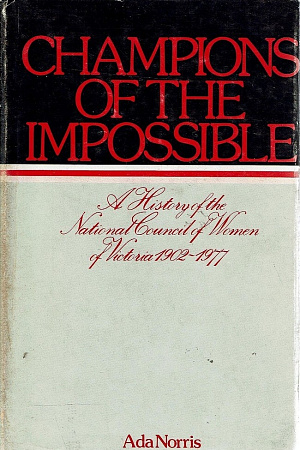The Invention of Power: Popes, kings, and the birth of the West
Public Affairs, $42.99 hb, 345 pp
'The concordat game'
We live in an age that worships data. If Covid-19 has taught us nothing else, it is that arguments advanced via assertions of statistical significance are practically impervious to criticism. Naturally, quantitative-minded academics have become the high priests of this religion, and they now seem to think they are the authorities on everything. When they cynically use trendy tools to legitimise what are really very old preconceptions, it is as if the linguistic turn and those other movements that sought to ground scholarship in careful, close-read qualitative analysis of texts and contexts never happened. At least, that is the impression one gets from reading this somewhat surreal contribution to debate about the significance of the European Middle Ages from American political scientist Bruce Bueno de Mesquita.
The Invention of Power: Popes, kings, and the birth of the West is lavishly illustrated with charts and graphs and references to incentives and game theory. Its author homes in on ‘concordats’, that is, on agreements between the pope and secular rulers which set boundaries for their respective spheres of influence. But de Mesquita is interested only in the early concordats of the twelfth century, not the later ones that changed and undermined them. Moreover, and ironically, he has resurrected one of the oldest theses about the Middle Ages: that the conflict between emperor and the pope known as the Investiture Controversy was a key catalyst of paradigmatic demise and of European modernity. The Investiture Controversy mattered because it triggered a separation of Church and State. Yet what will particularly perplex the many scholars who have pored over primary source material and the dense (often highly Teutonic) historiography on this subject is that de Mesquita’s understanding of that conflict comes across as all inside out. He posits that the prime effect of the Concordat of Worms (1122), and its counterparts between the pope and the kings of England and France in 1107, was to weaken the pope’s position and not, as the rest of us have it, to herald a golden era of papal influence and power.
Continue reading for only $10 per month. Subscribe and gain full access to Australian Book Review. Already a subscriber? Sign in. If you need assistance, feel free to contact us.











Leave a comment
If you are an ABR subscriber, you will need to sign in to post a comment.
If you have forgotten your sign in details, or if you receive an error message when trying to submit your comment, please email your comment (and the name of the article to which it relates) to ABR Comments. We will review your comment and, subject to approval, we will post it under your name.
Please note that all comments must be approved by ABR and comply with our Terms & Conditions.